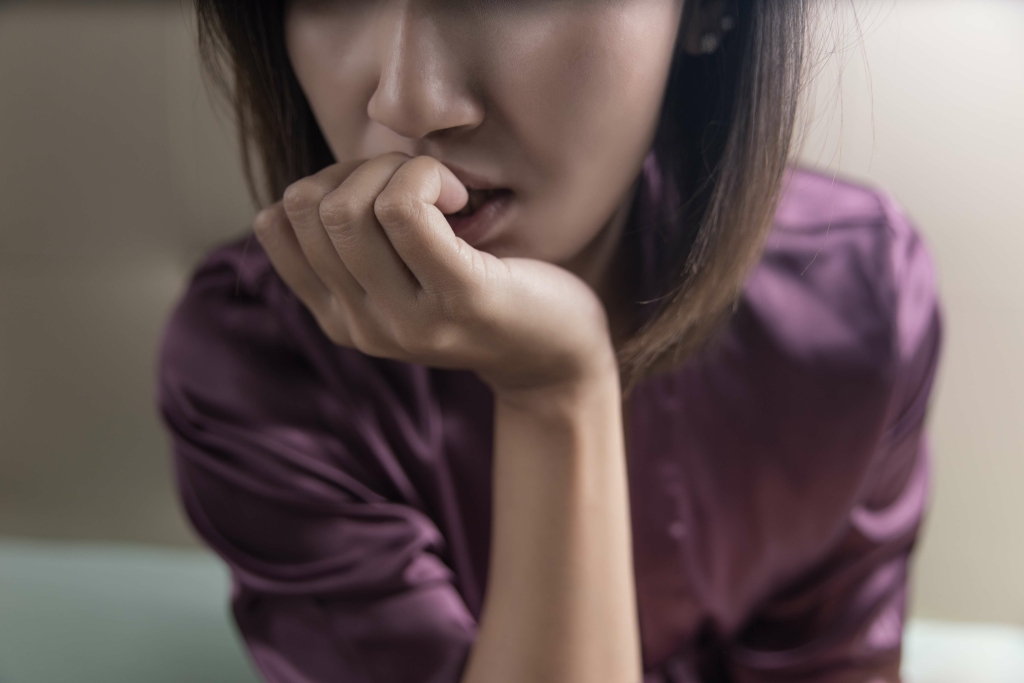Alcohol use disorder is a serious condition that can lead to brain fog and other cognitive impairments. You can also try using a light therapy box alcohol brain fog that emits bright light to help improve your brain function. So, if you’re struggling with brain fog, make sure to get some sunlight every day.

We are basically validating what countless women have been saying for centuries, which is that menopause changes your brain. Many women can feel these changes in their brain energy levels, their biochemistry. Additionally, it’s essential to avoid alcohol and other substances that can worsen brain fog symptoms. However, brain fog can persist for extended periods for some individuals and may require professional intervention.
Fetal alcohol syndrome
It can increase the release of inhibitory neurotransmitters like GABA, leading to slowed brain activity, and reduce the release of excitatory neurotransmitters like glutamate, which can impair cognitive function. We highly recommend that you quit drinking to preserve your mental health. https://ecosoberhouse.com/ Spending time in nature has been shown to have many benefits for brain health. Walking is an excellent form of exercise that has many benefits for brain health. Processed foods are high in sugar and unhealthy fats, which can lead to inflammation and impair brain function.
- Following Wernicke’s encephalopathy, the person may develop signs of Korsakoff syndrome.
- A consistent flow of nutrients will keep your brain sharp throughout the day.
- The causes of brain fog can vary, and it may be a symptom of an underlying medical condition, and in some cases the result of alcoholism.
- Just like chocolate cake, your brain can easily get addicted to the rush of dopamine that comes with alcohol.
- So we really need to do more research, and hopefully, we’ll have clinical trials rather than observational research to really clarify what’s happening.
This can be especially true for individuals who have not been drinking for an extended period or who have mild to moderate alcohol use disorder. Alcohol consumption can cause brain fog due to its impact on basic cognitive processes and the central nervous system. Alcohol and brain fog can vary but often include difficulties in concentration, memory, mental fatigue, and problems with decision-making. These symptoms impact your daily life, and can increase your risk of relapse. Adequate nutrition and hydration is critical for maintaining healthy cognitive function, and poor nutritional status is a common characteristic of alcohol abuse. Prioritising nutritional health is high up on the totem pole for sobriety, so if you were to pick anything, start here.
Treatment Facilities
You might be experiencing brain fog, a term used to describe a set of symptoms that impact your ability to think. After cutting back on alcohol, Pagano said, damaged regions of the brain can start to “light up” again on brain scans. “But there are certainly limits,” said Pagano, “and we often see improvement only after months of complete abstinence and giving the brain time to heal.” Drinking to avoid feeling bad leads to higher and higher levels of consumption, which can cause greater damage to the brain and the rest of the body.
- While brain fog from alcohol is temporary and reversible, chronic alcohol abuse can lead to permanent cognitive impairment.
- Alcohol and brain fog can vary but often include difficulties in concentration, memory, mental fatigue, and problems with decision-making.
- It’s also important to note that if an individual experiences brain fog after quitting drinking, it’s possible that they may experience other withdrawal symptoms as well.
You must prioritize self-care and engage in healthy habits to support cognitive function during this time. ‘Brain fog’ is a term many use to describe a range of cognitive difficulties, including problems with concentration, memory, and decision-making. Alcohol brain fog refers to a range of cognitive impairments that occur during alcohol consumption or in the aftermath.




